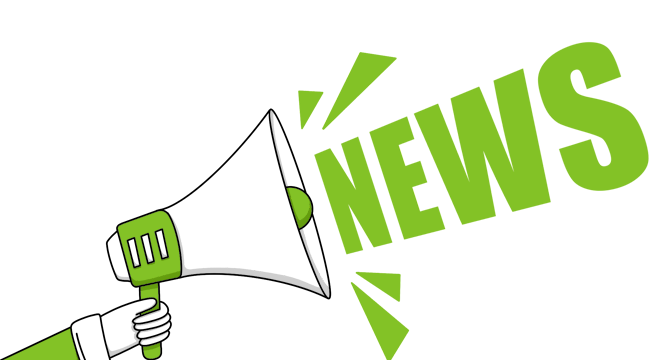
Mario Draghi announced the end of the quantitative easing program
June 15, 2018The ECB announced that if nothing unpredicted happens in the European economic situation, starting from September 2018 the volume of the asset purchases will be reduced by 15 Billion Euro closing the program in December 2018. This is a major step towards a normalization of the current European monetary policy. We will have to wait and see what the impact on the market and especially the Euro Franc exchange rate will be, especially that it is not clear yet what will happen with all the assets that are currently on the ECB’s balance accounts.
The decision comes at a time of a strong economic development not only in the EU but also in other regions including the USA. At the same time there is a lot of uncertainty in the air, especially with regards to the customs war between the United states and the rest of the world. As a result the ECB forecast a reduced growth of the GDP from initially 2.4 percent to 2.1 percent.
How will this impact the interest rates? We remember that the interest rates in the Euro-Zone are still on a record low. Draghi announced during the press conference also that they will remain unchanged during the next 12 Months. This decision is especially interesting if we look on the inflation that risen from 0% to 2% in the last 2 years. Normally a rise of the inflation is a good and reasonable moment to rise also the interest rates.
Shortly after the announcement the Euro Franc exchange rate (eur chf) fell down to around 1.155 Francs for one Euro. This a good EUR CHF exchange rate for all frontaliers and all other who are planning to change money, especially change swiss franc to euro. We will have to wait and see of this good exchange rate for buying euro and selling swiss francs will last.
By closing the QE program, the ECB send also a strong signal to countries with high depths, especially the countries in southern Europe. Just recently the new Italian government announced plans to increase the public spending. With the ECB buying bonds at a very cheap interest rates it would have been easy to increase the Italian dept. The end of the program seems also to be the end of this plans as it will be much more expensive to get financing. For Draghi the latest steps are not related to the developments in Italy. He sees the uncertainty around Italy rather as a local problem. Changes in politics in the Euro Countries are a common occurrence and it is to remember that the Euro Zone consist of 19 member states.
The decision of the EZB are no surprise. As written in our previous article this step has been already in discussion before the summit in Riga. It was rather a question how fast the ECB will retract from its program. Since 3 years the ECB is now flooding the European markets with cheap Euro. But what are the consequences? First of all, the Interests are extremely low. With an interest rate of 0% and an inflation of 2% everyone wants to sell euro as holding the currency in traditional deposits is a negative business. This is a problem especially for persons with saving accounts and pension funds. On the other hand we can see that persons having more risky investments have profited from an increase of the stocks. Companies have simply more cheap money that they can us for their development and this has a direct impact on the share prices of these companies. Also the real estate market is strongly influenced by the policy of the ECB. With the access to cheap money and limited possibilities for a profitable investment many private persona and institutional investors decided to invest in real estate driving the prices to new record heights.
What does this all mean for the Swiss economy and he Euro Franc exchange Rate?
Generally the QE program of the ECB caused that the Euro was getting weaker and thus the Swiss Franc should get stronger. The Swiss exporting industry is already fighting with a low EUR CHF exchange rate since the SNB gave up the minimal Euro Swiss Franc exchange rate of 1.20 in January 1.15. In order to support the Swiss economy and the keep the Euro Franc exchange from falling futher down, the SNB is keeping the interest rates on a record low level of 0.75% which is even significant lower then in the Euro zone. Parallel the SNB is changing Swiss Francs into euro and buying foreign assets. We can see that the situation has improved in the last year, especially since Emanuel Macron win the elections and that the Euro Swiss Franc Exchange rate has stabilized around 1.15 – 1.20 in the recent months.
For frontaliers an for exporting SMEs this means further stabilization. Please remember that if you are looking for the best Euro Franc exchange rate in Switzerland you can find it online. Use our currency converter to compare the current exchange rates and make sure that if you want to buy euro cheap you are at the right place. With our exchange rates being updated all 60 seconds, our exchange rate is always transparent and guaranteed to you.
currency converter compare | währungsrechner chf eur | geld wechseln kurs | change euro | cambio online | pharmacien suisse salaire | converte valuta | taux de change euro franc suisse | exchange rate chf eur
